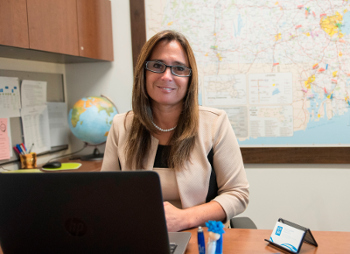Do you have a question about JRI services?

MAPP is the Massachusetts Approach to Partnerships in Parenting. It is a course taught in every foster care and adoption program in Massachusetts and is a pre-requisite for all foster and pre-adoptive parents. MAPP is a 30 hour course that is, essentially, a crash course in parenting a child who is involved with the child welfare system. Every state has its own version of the curriculum, so that potential foster and pre-adoptive parents understand the basics.
We get many questions about MAPP class from our applicants. Why is the course so long? Why is there not an accelerated version? Why is it required for all foster and pre-adoptive parents, even if they work in the social work field? Why isn’t it online? All are valid questions. In today’s modern world, many things have been made faster, remote, more efficient. There is advanced standing in college courses, so why not advanced MAPP class? The reality is that understanding the children placed in the care of foster and pre-adoptive parents is not easy. It can’t be accelerated, streamlined, or minimized. Parenting can’t be done remotely. It is a hands-on, boots-on-the-ground job, so the training is hands-on, boots-on-the-ground as well. Parenting a child who has experienced trauma requires even more skills than typical parenting, so the course is very important.
People wonder what MAPP class will be like. Will there be a written test? Will participants be required to share their personal stories that have led them to consider adoption or foster care? Will it be emotional? Generally, there are no written tests. There is some personal written work that participants can choose to share or not share, at their discretion. MAPP class covers some very personal, emotional topics. Every person in the class has their own unique history and story, so each topic covered might impact an individual differently. Some people cry. Some people don’t. MAPP trainers are not judging whether or not you shed a tear, whether or not you open up and share your own history, or whether or not you’ve worked with children involved in the child welfare system. MAPP trainers are assessing whether you were considerate, were open to learning something new, and whether you can be empathetic.
After 30 hours of MAPP class, individuals usually have a stronger sense of whether or not foster care or adoption is right for their households. Some folks choose not to move forward, and that is 100% fine. Some folks need more time, more preparation… also 100% fine. For others, MAPP affirms their plan to foster or adopt. Yep, that is also 100% fine. MAPP class is 30 hours of exploration, education, and reflection. MAPP is 30 hours that could change your life and, in turn, the life of a child.
If you have been considering becoming a licensed foster parent, please reach out to our Home Finders today. #FosterHopeFosterCare #OpenHeartsOpenHomes #AHomeForEveryChild



